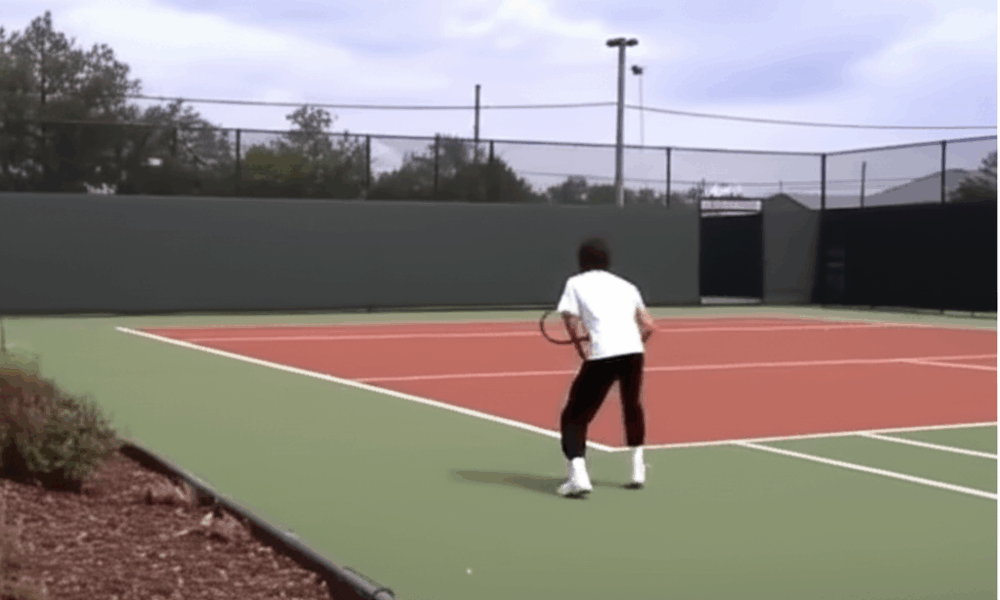Carlos Alcaraz, one of tennis’s brightest stars, has recently drawn criticism for alleged hypocrisy after vocally complaining about the demanding ATP Tour schedule while simultaneously committing to multiple lucrative exhibition matches. The Spaniard’s comments on player welfare and the strenuous nature of the calendar have been met with a strong backlash from fans and prominent tennis figures, including former coach Rennae Stubbs and ex-world No. 1 Andy Roddick.
Alcaraz’s withdrawal from the Shanghai Masters due to physical issues, following his victory at the Japan Open, reignited the debate over player workload, but his participation in non-mandatory events has complicated his stance.

Alcaraz’s Stance on the Grueling ATP Schedule
Carlos Alcaraz has been a prominent voice among a growing chorus of players expressing concerns over the ATP Tour’s “tight” and “grueling” schedule. He has stated that the relentless calendar takes a significant toll on players’ physical and mental health, even asserting, “They are going to kill us in some way.”
The young Grand Slam champion has found common ground with other top players, including Iga Swiatek and Coco Gauff, who have also highlighted the intensity and length of the season and the high number of mandatory tournaments. His decision to pull out of the Shanghai Masters to “rest and recover” underscored his belief that players need more downtime.

The Core of the Hypocrisy Allegations
Despite his strong words regarding the official ATP calendar, Alcaraz has faced considerable backlash for confirming his participation in several exhibition events. Critics argue that these non-mandatory, often highly compensated, matches contradict his complaints about an overburdened schedule.
Public and Expert Criticism
Former Australian tennis player and coach Rennae Stubbs, while expressing her admiration for Alcaraz, openly called his actions “a little inconsistent.” On her podcast, Stubbs remarked on how “hard to take them seriously” it is when players lament a packed schedule but then sign up for “literally every exhibition in December,” citing planned appearances in New Jersey and Saudi Arabia.
Similarly, former American world No. 1 Andy Roddick highlighted the “flaw in the argument of Alcaraz.” Roddick contended that if a player genuinely believes the season is too long, they should utilize available breaks for rest rather than participating in lucrative exhibitions. He suggested that playing these events while complaining about the schedule indicates hypocrisy. Fans on social media have echoed these sentiments, with some accusing Alcaraz of prioritizing money over his expressed concerns for player welfare.

Alcaraz’s Explanation and Counterarguments
Alcaraz has attempted to address the apparent contradiction, explaining, “I’ve seen a lot of people talk about my exhibitions this year and complain about the schedule, at the same time putting a lot of exhibition. But I want to say there is different things; we all have to separate the exhibitions and the calendar.”
However, this explanation has not fully satisfied his critics. Many contend that regardless of whether they are official tour events or exhibitions, both contribute to a player’s overall workload and reduce crucial rest and recovery time.
Novak Djokovic and Jannik Sinner Offer Different Perspectives
Other prominent players have also weighed in on the broader issue of the tennis calendar, with varying perspectives that implicitly or explicitly touch upon Alcaraz’s situation.
Novak Djokovic, a long-time advocate for player welfare and a former ATP Player Council member, criticized players for not being “united enough” and for complaining in the media without taking concrete action. While agreeing that the calendar is demanding, Djokovic also pointed out the “contradiction” of players complaining about the schedule while choosing to play exhibition matches. He suggested that players have choices, even if it means missing out on bonuses by playing fewer tournaments.
In contrast, Jannik Sinner, while acknowledging the calendar’s length, maintains a stance of personal accountability. Sinner believes players can “always choose” which events to participate in and prioritize their well-being, even if it means skipping mandatory tournaments. He stated, “If you want to play a tournament, you have to play tournament. If not, you make another choice to rest or practice.” This perspective implicitly challenges Alcaraz’s argument that players don’t “really have the option to choose whether we play or not.”
The ongoing discussion underscores the complex challenges within professional tennis, balancing player health with the commercial demands of a global sport.








No Comment! Be the first one.